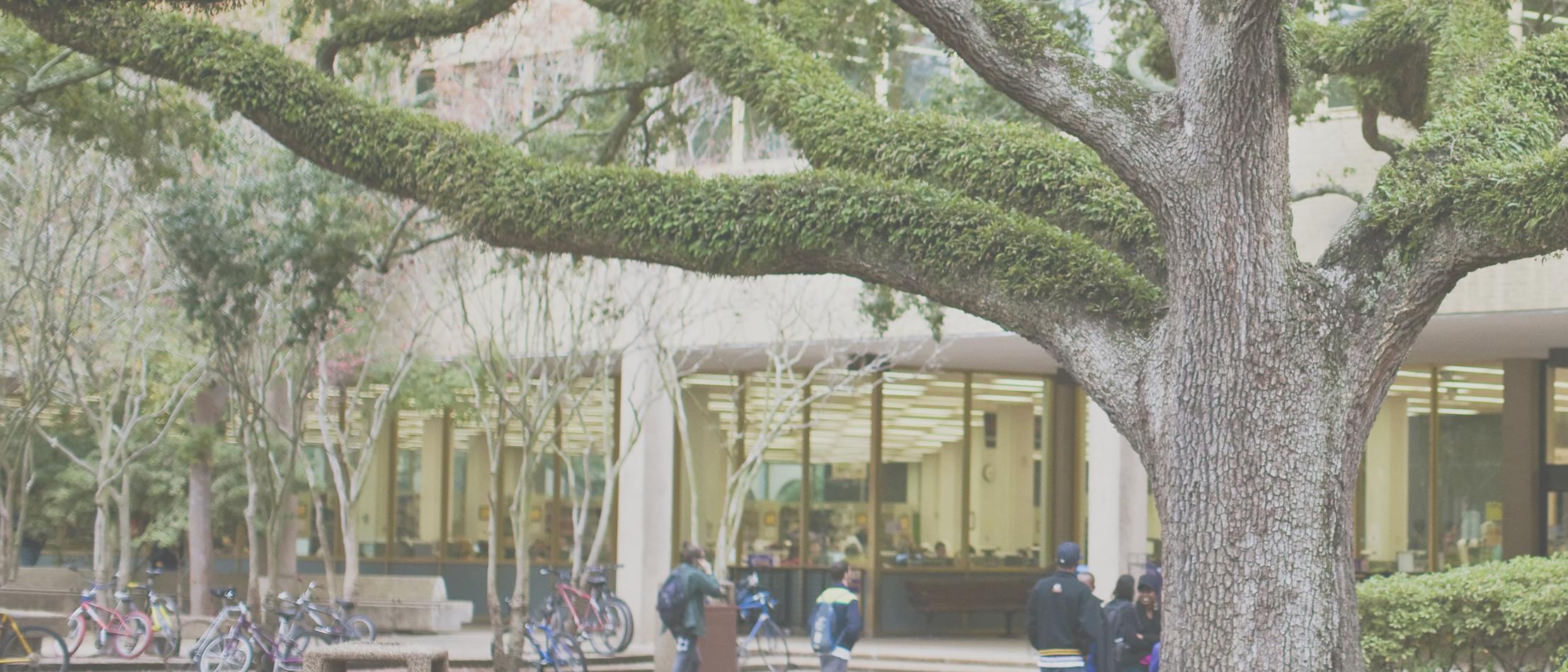Trademarks, patents (https://www.uspto.gov/trademarks/basics/trademark-patent-copyright#) , and copyrights (https://www.uspto.gov/trademarks/basics/trademark-patent-copyright#) are different types of intellectual property (https://www.uspto.gov/trademarks/basics/trademark-patent-copyright#) . The USPTO (https://www.uspto.gov/) grants patents and registers trademarks. The U.S. Copyright Office (https://www.copyright.gov/) at the Library of Congress registers copyrights. Use the IP Identifier (https://ipidentifier.uspto.gov/) to learn what kind of intellectual property you have. Once you identify your IP needs, click the following links below for further information on how to register your properties: Patent Process Overview (https://www.uspto.gov/patents/basics/patent-process-overview) Trademark Process Overview (https://www.uspto.gov/trademarks/basics/trademark-process) Copyright Registration Tutorials (https://www.copyright.gov/eco/tutorials.html)
Answered by: Kendall Caple
We are not able to put any instructor evaluation copies on reserves. The evaluation copies for instructors typically come with warnings on them and are intended solely for professors to review for possible implementation in courses. U.S. copyright law states that since no one has purchased this book it would not be protected by the First Use Doctrine (17 U.S.C. 109) or any of the typical copyright laws we rely on to protect us from copyright infringement. We could purchase a copy for you to put on reserve for your class if you wish to use it.
Answered by: Karl Simmerman

Please contact our interlibrary loan department about obtaining a copy. You can reach out to them via email at libilb@lsu.edu (mailto:libilb@lsu.edu) .
LSU Libraries | LSU Scholarly Repository
LSU Libraries | Interlibrary Loan
Answered by: Karl Simmerman
You'll want to check to see if the interview is in the Louisiana Digital Library. If it is not on the LDL, and is cataloged and available, then please follow the procedures outlined via LSU Libraries Special Collections Public Services. Be sure to have the collection number, tape number, and the name of the interviewee handy to fill out the form. Please note-these copy requests are not processed by Williams Center personnel but through Public Services, as indicated in the above procedures. The interview will be sent to you as PDF or a MP3.
Answered by: Jennifer Cramer
Submit your request to our interlibrary loan department. Submitting a request through OCLC to our library (OCLC code: LUU), or email (http://libill@lsu.edu) our interlibrary loan staff directly. The ILL staff will evaluate your request for eligibility. We accept payment via credit card, IFLA vouchers, and OCLC IFM.
Answered by: Jacob Fontenot








